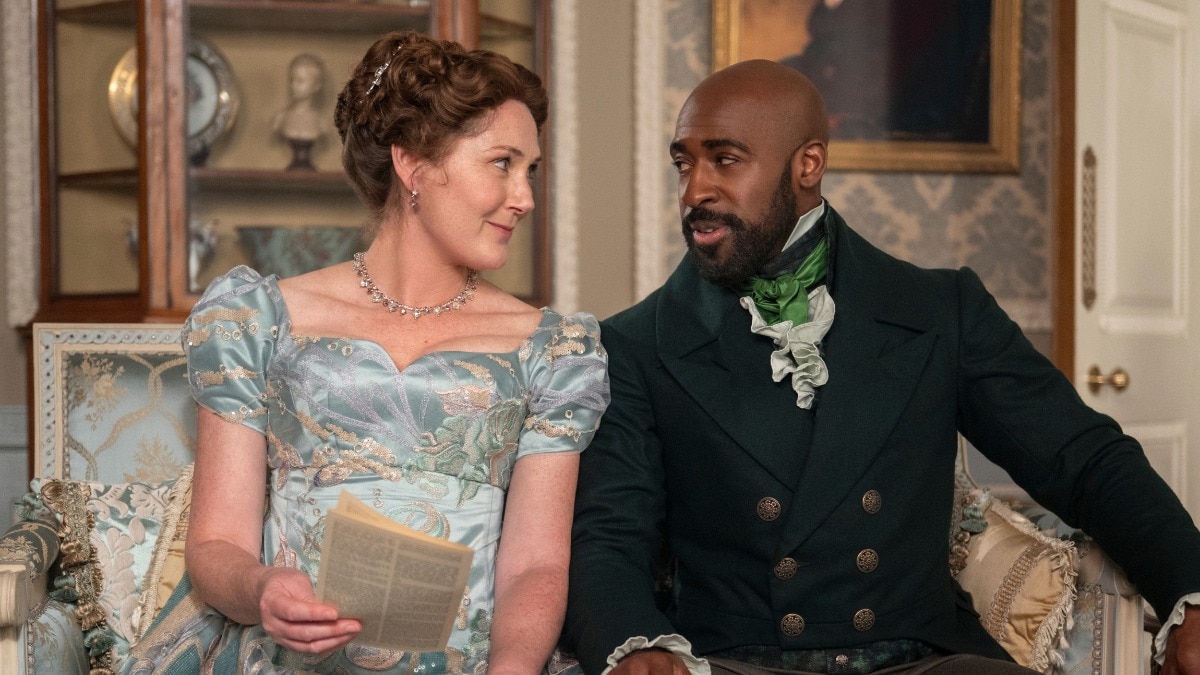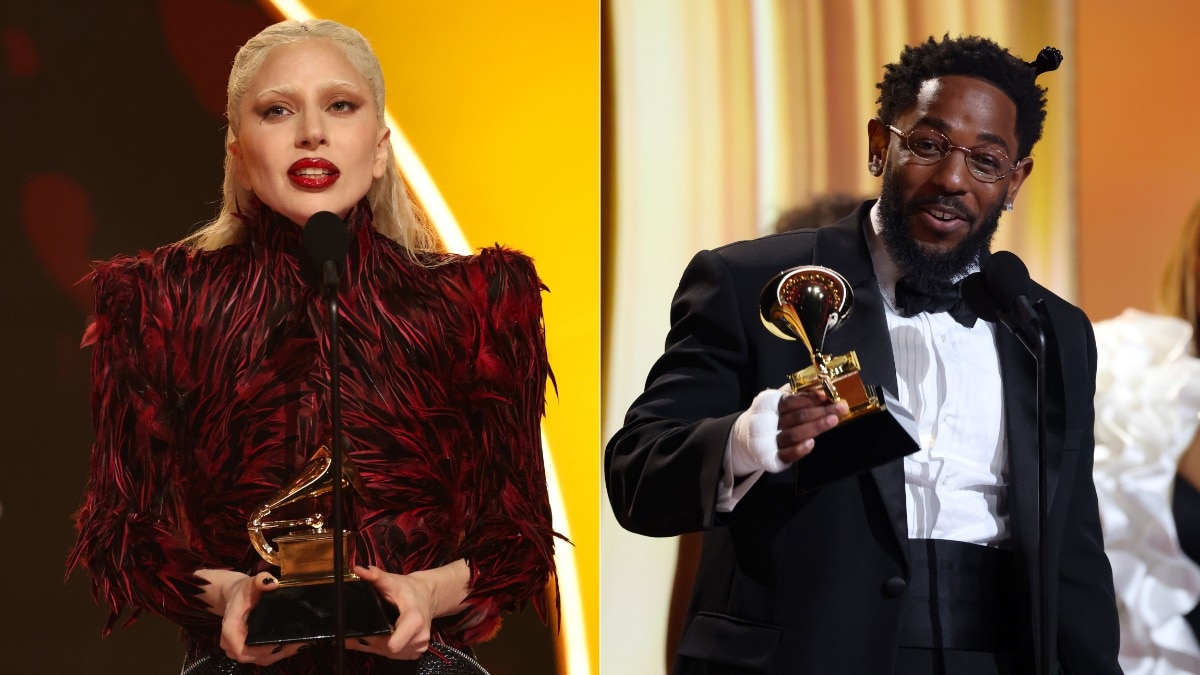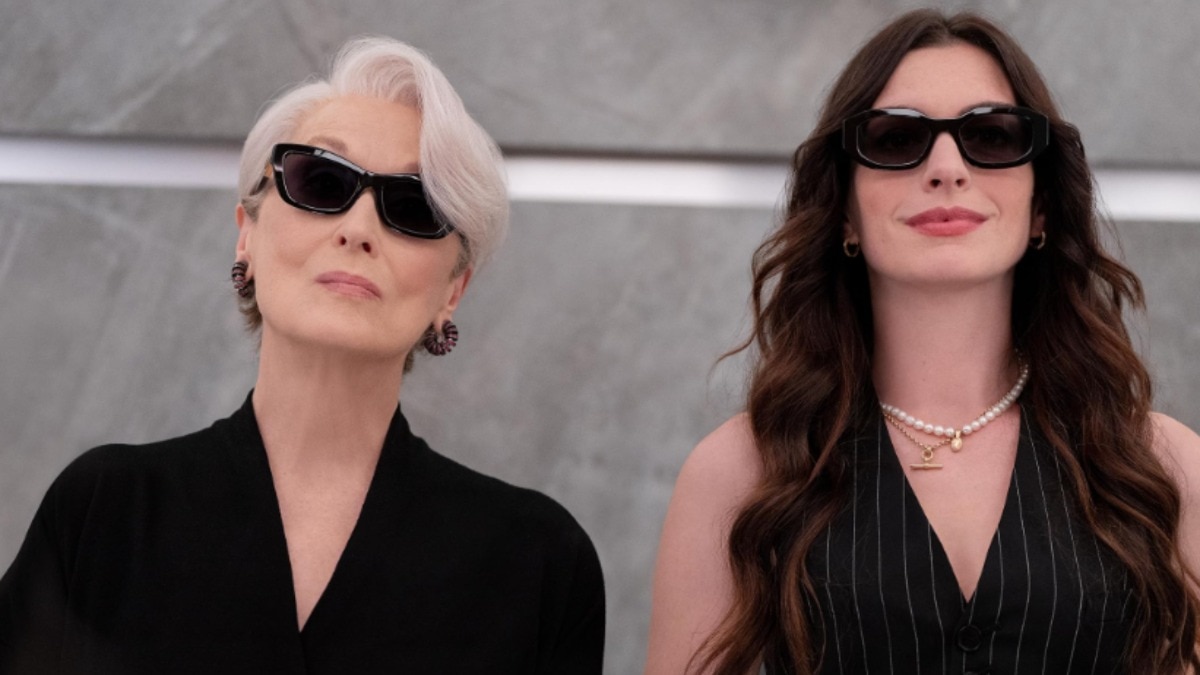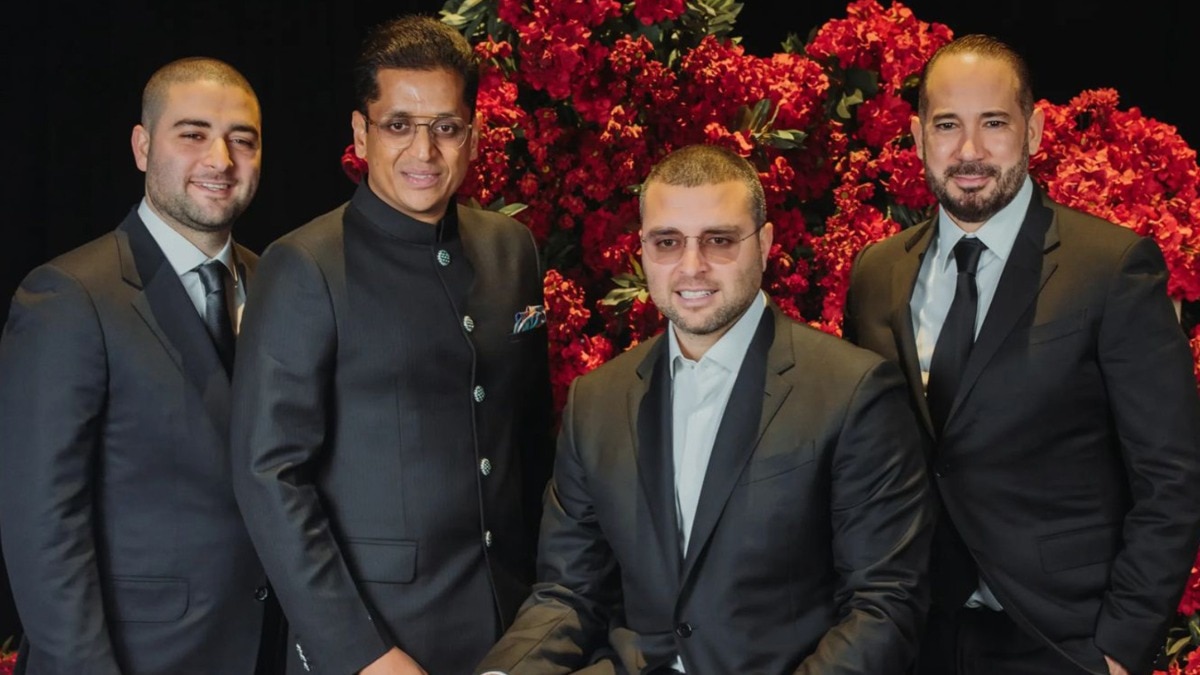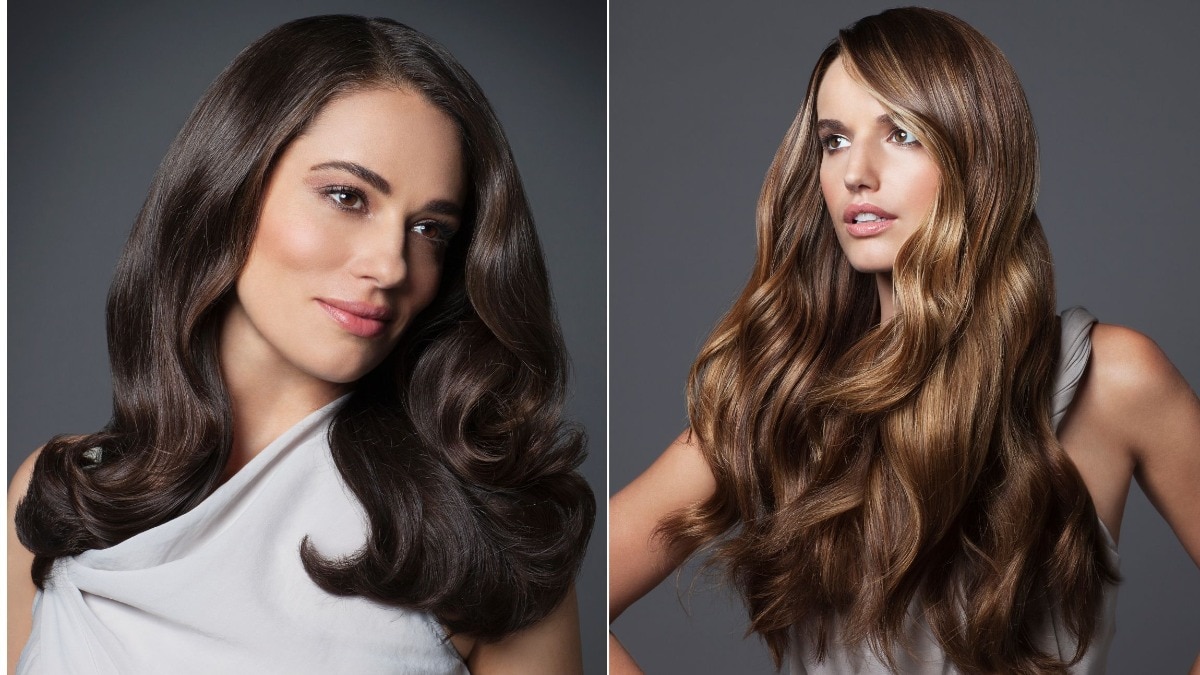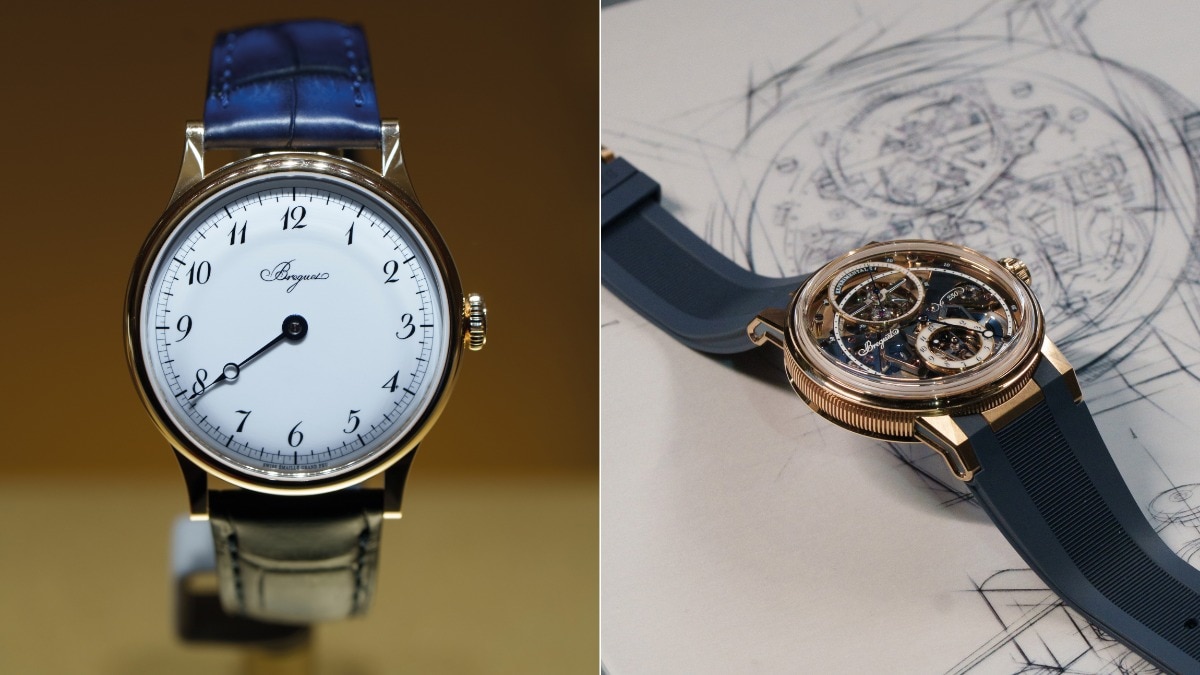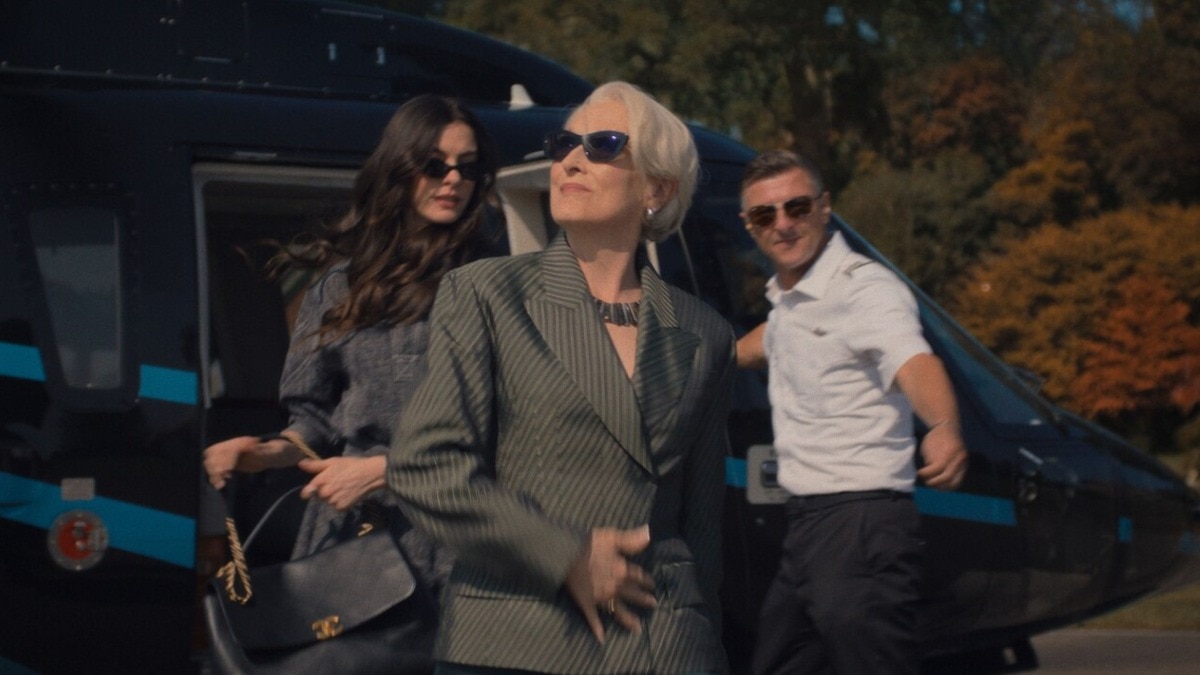
Netflix’s ‘Adolescence’ is essential viewing—a technical masterpiece with a haunting story
The four-episode Netflix miniseries—each filmed in one continuous shot—is not just an engrossing watch for what it achieves technically, but for how it deals with its subject and compelling performances by the ensemble cast.


We may only be in the third month of the year, but it won’t be far off the mark to say that Adolescence may be the best show of 2025. It’s tough to get a near-perfect rating on Rotten Tomatoes, but that’s what Netflix’s newest crime drama has done with a critics’ approval rating of 98%. And if you think those numbers don’t quite cut it, well, the show has garnered a resounding 24.3 million views in its first four days of availability, making it the streamer’s top show for the week of March 10-16.
For the uninitiated, the mini-series, co-created by Jack Thorne and Stephen Graham and directed by Philip Barantini, follows Jamie (Owen Cooper) a 13-year-old accused of murdering his female classmate, and the consequences that follow—with the police, his school, and most importantly, his family. Each frame in the show stands out—beginning with Jamie's shocking arrest, his first police interview, how his teachers and schoolmates react to the news, and a child psychologist sent to assess him to the family being forced to re-evaluate every parental decision that led to this life-altering event. And with good reason.
Not only does this gut-wrenching narrative shine a light on social media’s toxic influence on teenagers, but the primary reason why everyone’s talking about the show is because of how the makers have pulled off something unheard of in its narrative style. Each of the four episodes was shot in one continuous take with zero cuts (read that again and again). It’s a riveting watch, and more so when you discover the numerous details that brought it to life. Here, we delve into the themes that it sheds light on, the message it delivers, the performances, and more.
The one-shot masterclass
Making one-hour episodes with zero cuts is no mean feat. The makers had to choreograph hundreds of extras with one intense rehearsal after another. With audiences taking to the internet wondering how they did it, Netflix has revealed that the original plan was to film each episode in full 10 times but a few attempts had to be abandoned, so some episodes had more than 10 takes. Not everything was perfect as episodes were halted because actors fluffed their lines.
In a Q&A on X, Netflix revealed that rehearsals were structured progressively, beginning with a portion of Jack Thorne’s script and gradually expanding in five-minute increments until the actors were performing a full episode. During these sessions, the cast worked through choreography, enabling the director of photography to map out camera positions and coordinate crew movements. In certain episodes, the crew appears on screen but is dressed in costume to seamlessly blend in with the extras. Netflix has even disclosed which takes made it into the final cut of each episode.
The themes on the show
Adolescence dives into the dark realities of violence amongst the youth, online radicalisation, and the toxic pressures shaping young men today. While not based on a specific true story, the series reflects real-world concerns—rising knife crime in the UK, social media-fuelled bullying, and the dangerous influence of misogynistic online figures.
At the heart of the story is Jamie, a troubled teenager whose growing aggression toward his classmate, Katie Leonard, is amplified by online ridicule. Katie mocks him on Instagram using emojis that label him an “incel”, a term that further fuels his insecurity. Struggling with low self-esteem, Jamie repeatedly tells a child psychologist that he is ugly. As the series unfolds, it becomes clear that his worldview has been shaped by the darkest corners of the internet—spaces that promote misogyny, manipulation, and the belief that only a small percentage of men are truly desirable to women. Figures like Andrew Tate and the “manosphere” are name-checked, highlighting how online content distorts Jamie’s perception of masculinity and relationships.

Unlike most crime dramas, Adolescence doesn’t centre on the mystery of whether Jamie committed the crime—it’s clear enough that he did. In a tense moment, he appears to accidentally confess during a session with the psychologist, only to explode in rage. His guilt is confirmed in the final episode when he calls his father to say he’s changing his plea to guilty as his trial approaches.

In the aftermath, his devastated parents are left to grapple with an impossible question: Was their son always capable of this violence, or did the internet turn him into a killer? At the end, Adolescence forces viewers to confront a chilling reality—how do you protect young minds from an online world that shapes their beliefs in ways parents can’t control? The creators hope the series will spark critical conversations in schools and even Parliament, pushing society to address the hidden dangers lurking behind every screen.
A debut performance to remember

Adolescence may have a star-studded cast, but it’s fifteen-year-old Owen Cooper—an actor with zero prior experience—who truly steals the show. Taking on the demanding role of Jamie, Cooper delivers a performance so raw and unsettling that it’s hard to believe this is his first time on screen.
His breakout moment comes in Episode 3, the first episode filmed and his very first day on a set. Despite his lack of experience, he steps into Jamie’s shoes effortlessly, shifting from a sulky, insecure teenager to someone manipulative and calculated in a way that feels disturbingly real. It’s a moment that cements him as the heart of the series.
In fact, director Philip Barantini initially mistook Cooper’s quiet focus in rehearsals for boredom—until the cameras rolled. “All the notes I’d given him were just bang on,” he recalled, amazed at how Cooper absorbed everything and instinctively brought depth to Jamie’s character. Stephen Graham, too, recognized his potential early on, turning to the show’s co-writer Jack Thorne after Cooper’s first audition and saying, “I think that’s him.”
What makes Adolescence so powerful isn’t a shocking twist or an unexpected ending—it’s that there isn’t one. The show doesn’t craft an exaggerated crime story for entertainment; it holds up a mirror to reality. The horrors of online radicalisation, bullying, and toxic masculinity play out not as fiction but as something happening every day.
All images: Netflix
Also read: All the upcoming shows and movies you need to watch in March
Also read: Here's how positive parenting helps build strong relationships with your children
Also read: How to raise emotionally intelligent children
Also read: Does your parenting style endanger your child's mental health?

